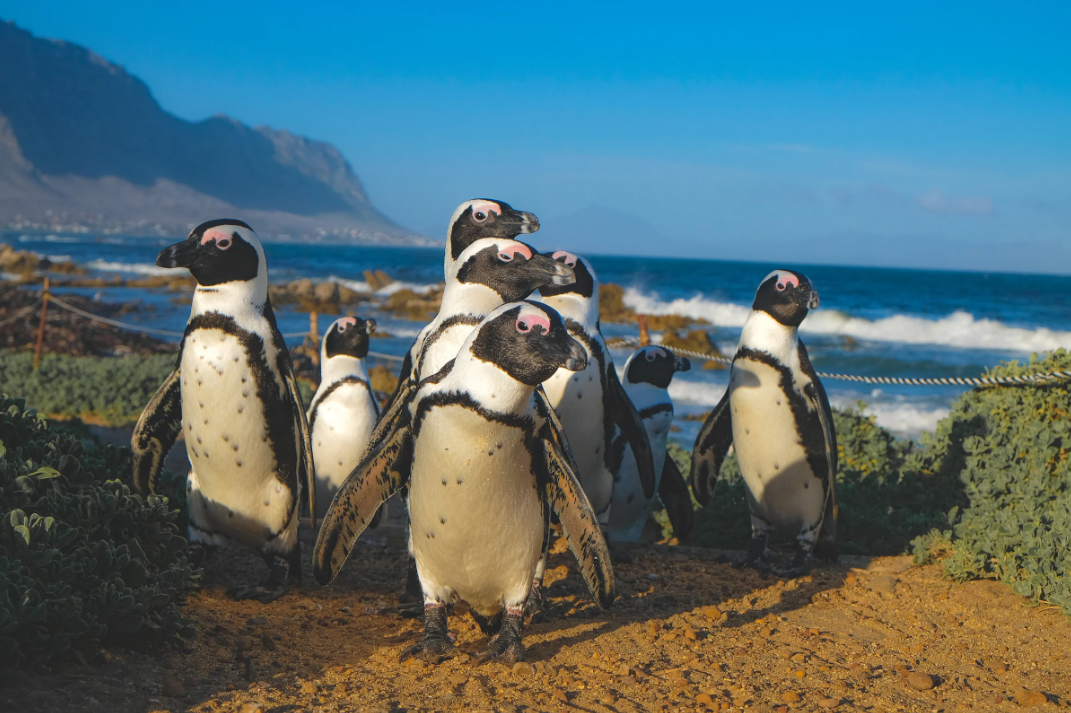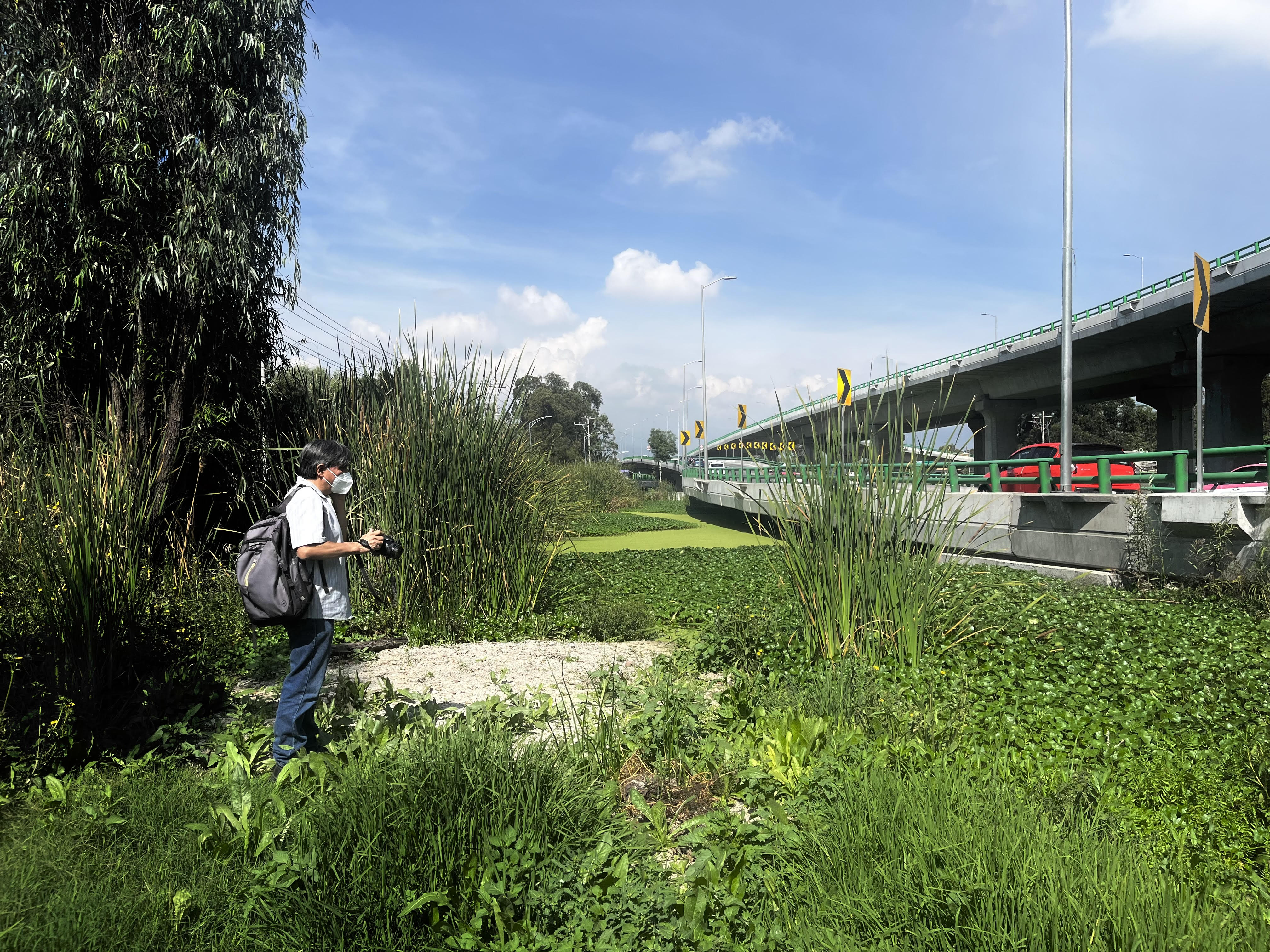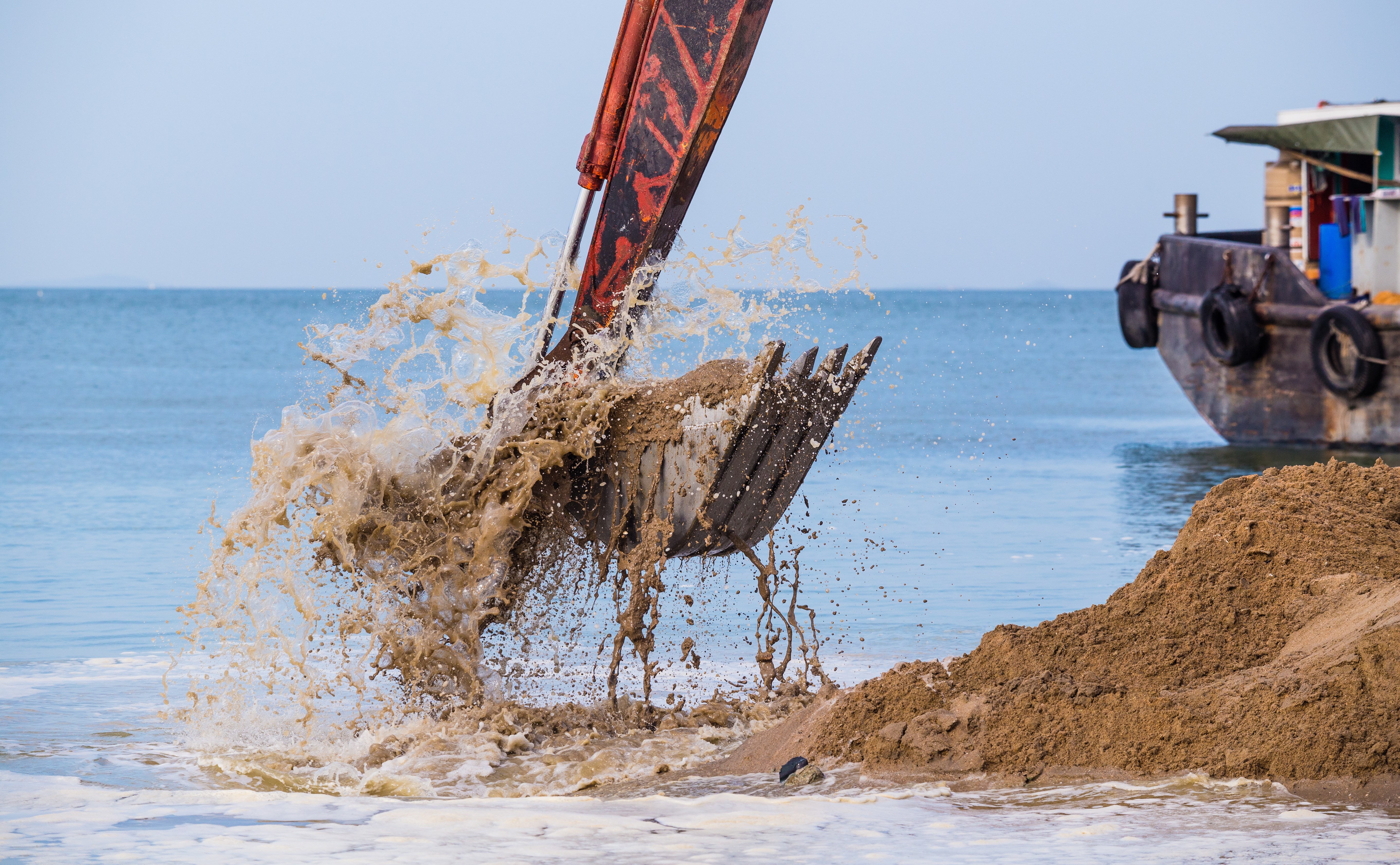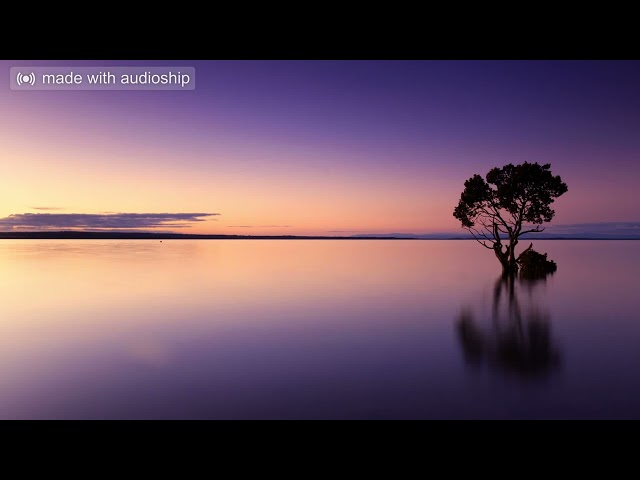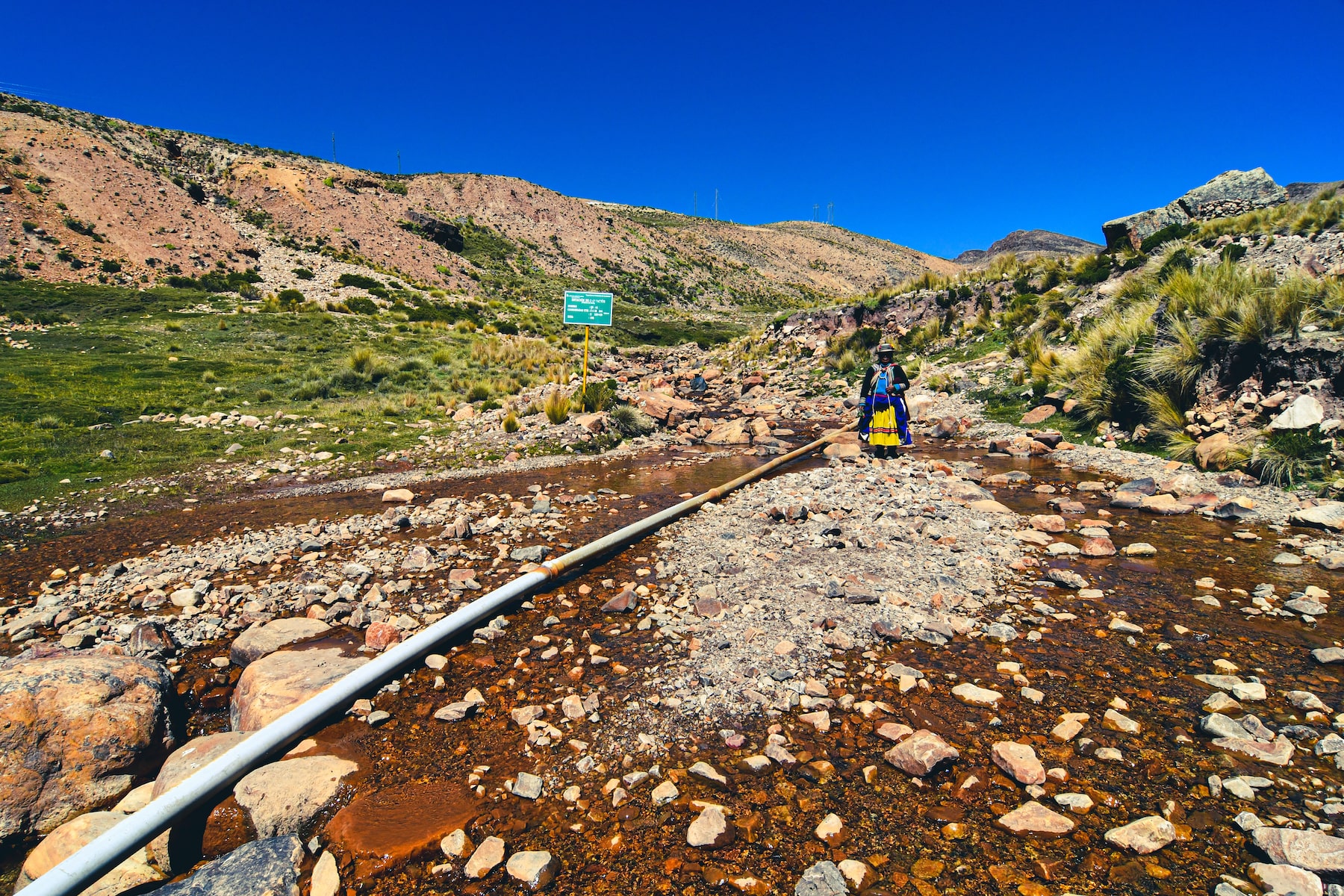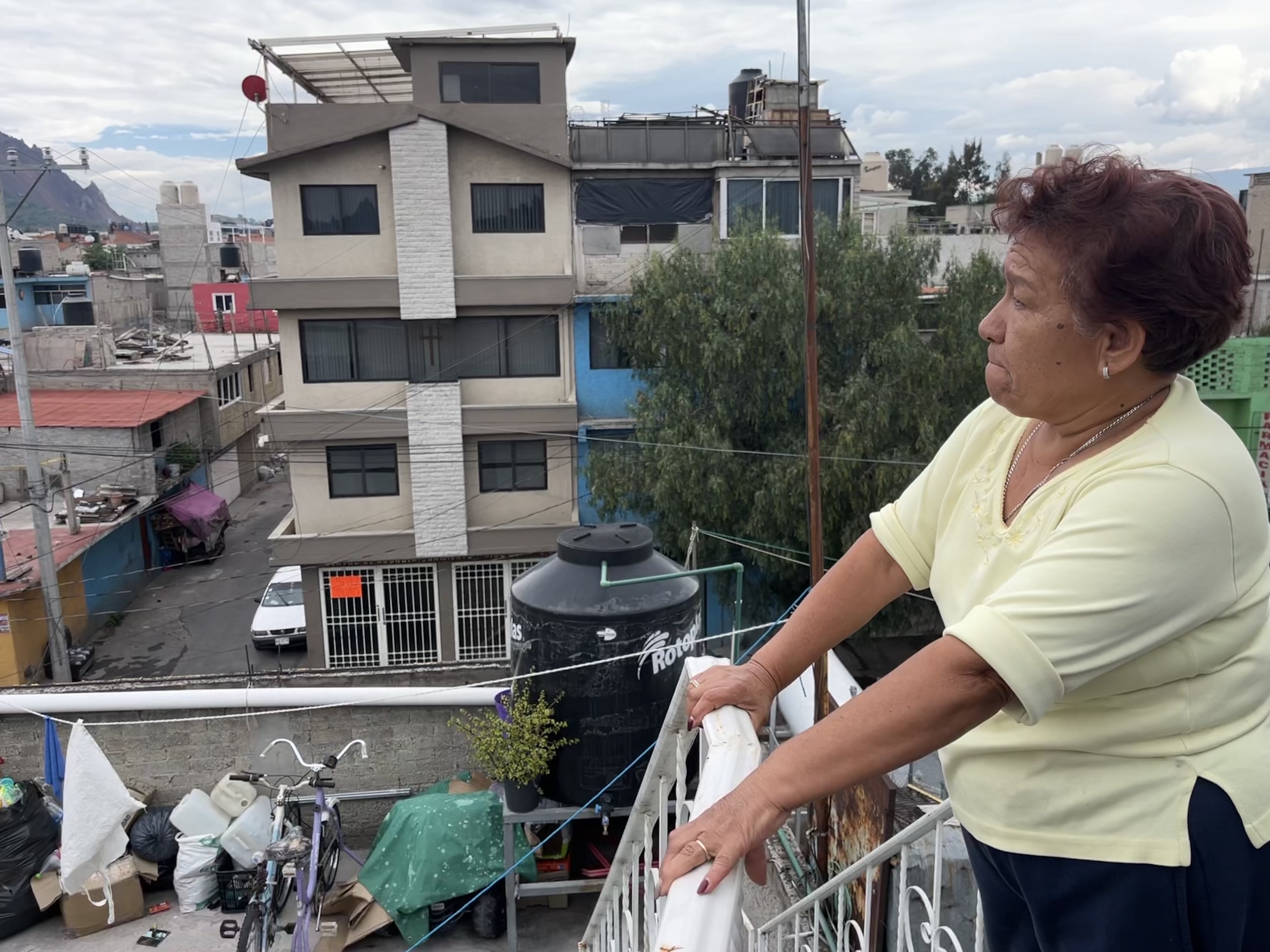Environment
Around the world, the environment is increasingly under threat from industrial pollution, business development of the wilderness and climate change. Pulitzer Center stories tagged with “Environment” feature reporting that covers climate change, deforestation, biodiversity, pollution, and other factors that impact the health of the world around us. Use the Pulitzer Center Lesson Builder to find and create lesson plans on the environment.
-

Pulitzer Center Update
Behind the Story: 'The Saharan Connection'
Pulitzer Center grantee Tony Bartelme lives in Charleston, South Carolina, but his environmental...
July 19, 2023 -

In Ivory Coast, cocoa production drives deforestation, including in primary forests and protected...
-

Sand is one of the most precious and extracted natural resources with about 50 billion tones used...
-

This is a series on the consequences of irresponsible large-scale mining in Peru.
-

Mexico City was once the Venice of the Americas, but 400 years later its water crisis threatens its...


